For war on two fronts, Army & railways crank up coordination
为应对两条战线上的战事,军方和铁道部加快合作
NEW DELHI: The Army is step up its synergy in operational logistics with the Indian Railways to ensure it can swiftly mobilize as well as switch forces between the western front with Pakistan and the eastern one with much faster than what is possible now.
新德里:军方正在加紧与印度铁路部门物流的协同合作,以确保在与巴基斯坦及发生战事时,能更迅速地将军队调动并运送至对应的西线、东线两条战线。
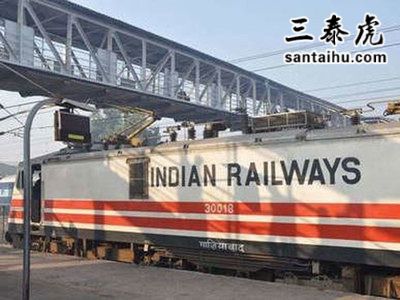
The railways is already building infrastructure for military requirements at different places in the country. This includes construction of concrete ramps for loading of tanks, howitzers and infantry combat vehicles on special trains in areas like Bhaluk in Arunachal Pradesh, Dimapur in Nagaland, Silapathar, Missamari and Murkongselek in Assam, with an eye firmly on .
铁道部目前已经开始在全国各地按军事要求建造基础设施,包括在阿鲁纳恰尔邦的巴哈鲁克庞、那加兰邦的迪马普尔、西拉帕萨、米撒马瑞以及阿萨姆邦的莫孔塞勒克建造装卸坦克、榴弹炮及步兵战斗车的混凝土坡道。
“Concurrently, there is an increased focus on significantly enhancing the speed at which the special military trains run… trial runs are in progress. This will help in faster mobilization,” said an officer.
一位官员称,“与此同时,我们越来越重视提高特种军事列车的运行速度。列车正在进行试运行,这将有助于我们更快地进行调度。”
One of the harsh lessons learnt during the 10-month forward troop deployment along the western front under ‘Operation Parakram’, launched after the Parliament attack in December 2001, was that slow mobilisation would not do.
我们从2001年12月在西线开始的长达十个月之久的“帕拉克拉姆行动”中总结的残酷教训,就是迟缓的调度速度绝对不行。
India had taken over a month to mobilize its forces for Operation Parakram, which had given enough time to the US-led international community to intervene as well as Pakistan to shore up its defences.
印度当时用了一个月时间进行军队调度,这给了以美国为首的国际社会充足的时间介入,也使巴基斯坦得以从容地加强其防御力量。
Since then, the Army has adopted its ‘Pro-Active Conventional War Strategy’, also called the ‘Cold Start’ doctrine, to practice swift mobilization for multiple offensives into enemy territory.
此后,军队已经采用了 “预备常规战争战略”,也被称为“冷启动”原则,实现多途径进攻敌人领土的迅速调度。
The Army, incidentally, uses 750-800 trains to relocate its battalions as well as move tanks, artillery, ammunition and other loads for exercises every year. “The Army pays railways around Rs 2,000 crore per year for this. For infrastructure development, the railways in some places in also using its own budget,” said another officer.
另外,军方每年都动用750-800趟列车运输部队、坦克,火炮,弹药和其他物资。另一位官员称,“军方每年支付给铁道部200亿卢布的运输费用。铁道部也需要动用自己的预算进行基础设施的建设。”
The Army is also “tagging into” the railways’ online monitoring system to keep track of the 5,000 train wagons it owns.
军方还“接入”铁道部在线监控系统,监视其拥有的5000条火车皮的动向。
印度网友评论:
译文来源:三泰虎 http://www.santaihu.com/44376.html
Thounaojam Rupachandra Singh96 Thounaojam Rupachandra-6 hours ago
This kind of things must not be in news, rather it must be kept secret and carry on the good work. what do we gain by putting it in news?
这种事根本就不能当做新闻报道出来,难道不应该当做机密对待吗?我们能从这个新闻里获得什么好处?
Office Of Papu17107 Office Of Papu-hindustan-6 hours ago
The army has to handle 2 front war. The rest half front we the people r fighting and wng everytime by kicking out scamgressis and left libtards
军方必须好好应对这两个前线战争。
此文由 三泰虎 编辑,未经允许不得转载!:首页 > 印度 » 为同时打两线战争,印度军方和铁道部加快合作
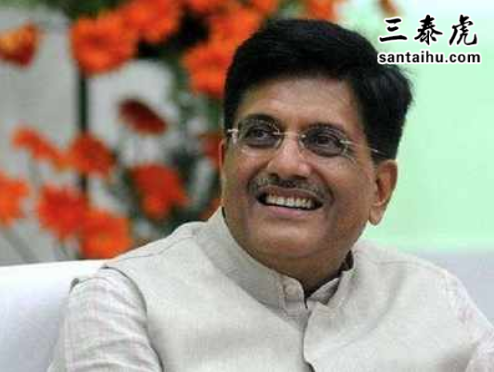 印度铁道部长:孟买-艾哈迈达巴德高铁项目将于2023年完工
印度铁道部长:孟买-艾哈迈达巴德高铁项目将于2023年完工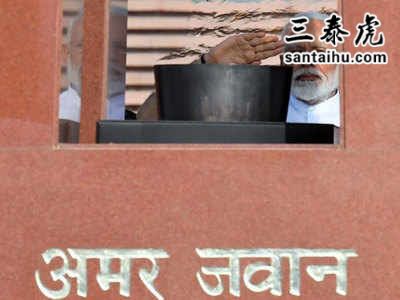 莫迪在国家战争纪念碑前缅怀阵亡的印度士兵
莫迪在国家战争纪念碑前缅怀阵亡的印度士兵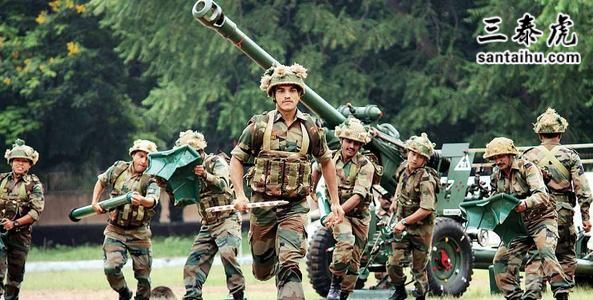 若美印爆发战争,美国能打败并占领印度吗
若美印爆发战争,美国能打败并占领印度吗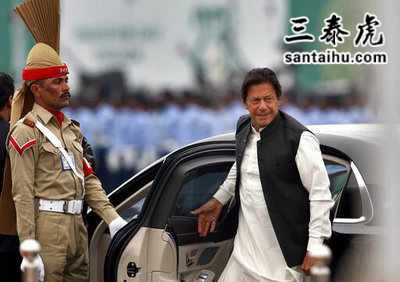 伊姆兰·汗:战争的阴影仍然笼罩着印度和巴基斯坦
伊姆兰·汗:战争的阴影仍然笼罩着印度和巴基斯坦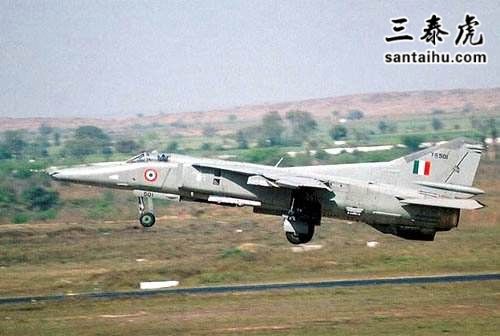 1999年卡吉尔战争英雄在巴基斯坦关押8天后获释
1999年卡吉尔战争英雄在巴基斯坦关押8天后获释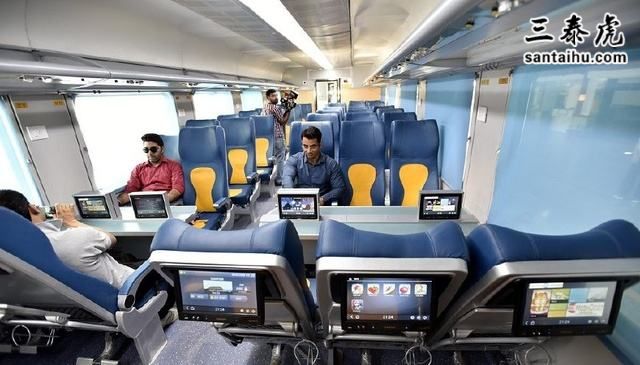 印度铁道部研究新建10条高铁,一条已经在建
印度铁道部研究新建10条高铁,一条已经在建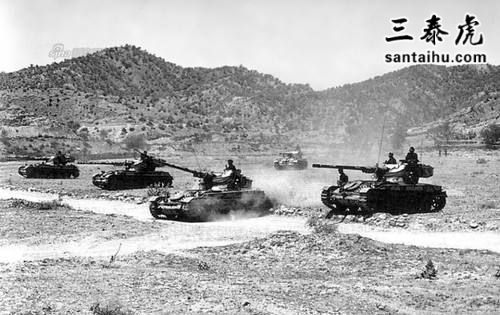 1971年印巴战争,谁打赢了
1971年印巴战争,谁打赢了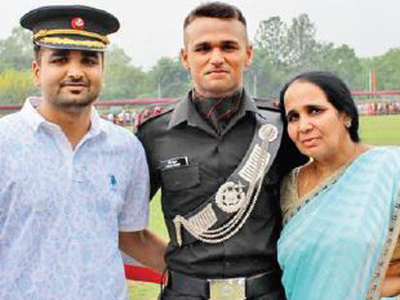 印媒: 卡吉尔战争一名烈士之子加入了父亲生前的部队
印媒: 卡吉尔战争一名烈士之子加入了父亲生前的部队